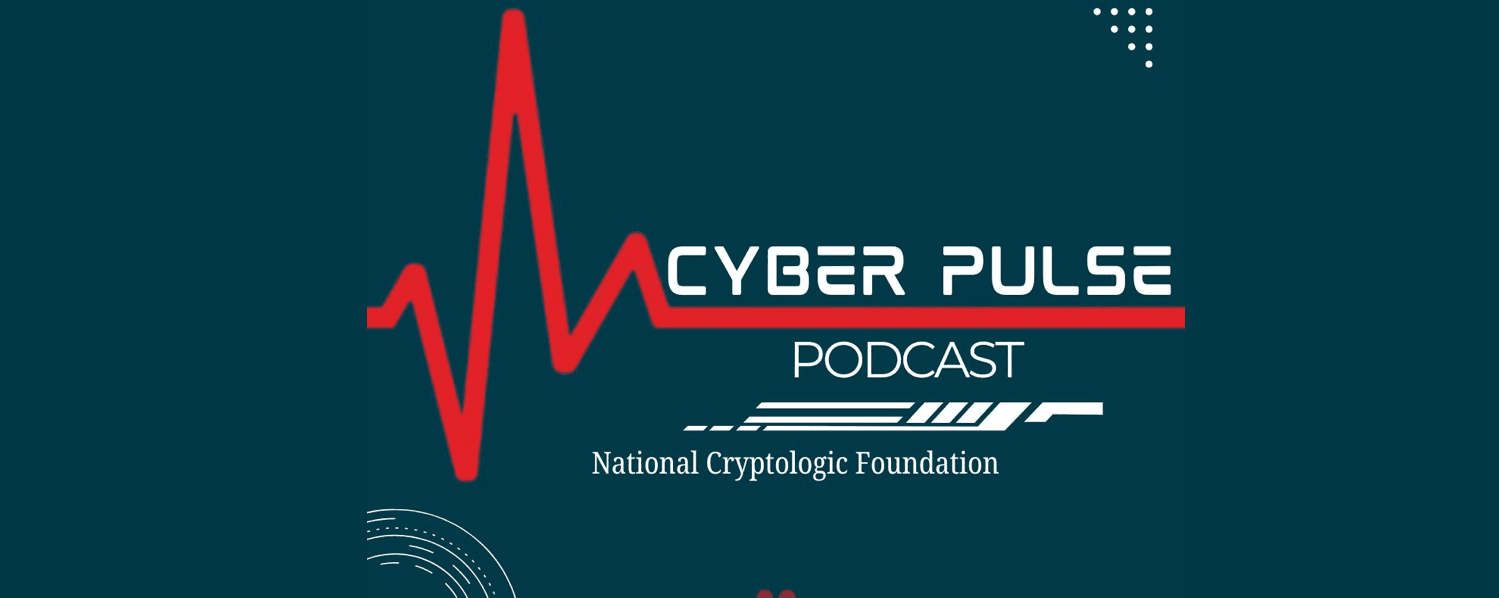-
 EDUCATE
EDUCATE...our citizens to be cyber smart, and develop pathways for the future cyber workforce.
-
 ENGAGE
ENGAGE...and convene partners to address emerging cyber and cryptologic issues.
-
 COMMEMORATE
COMMEMORATE...our cryptologic history & those who served within the cryptologic community.
The National Cryptologic Foundation is a private 501(c)(3) organization not affiliated with the U.S. Federal Government.
Return To List





